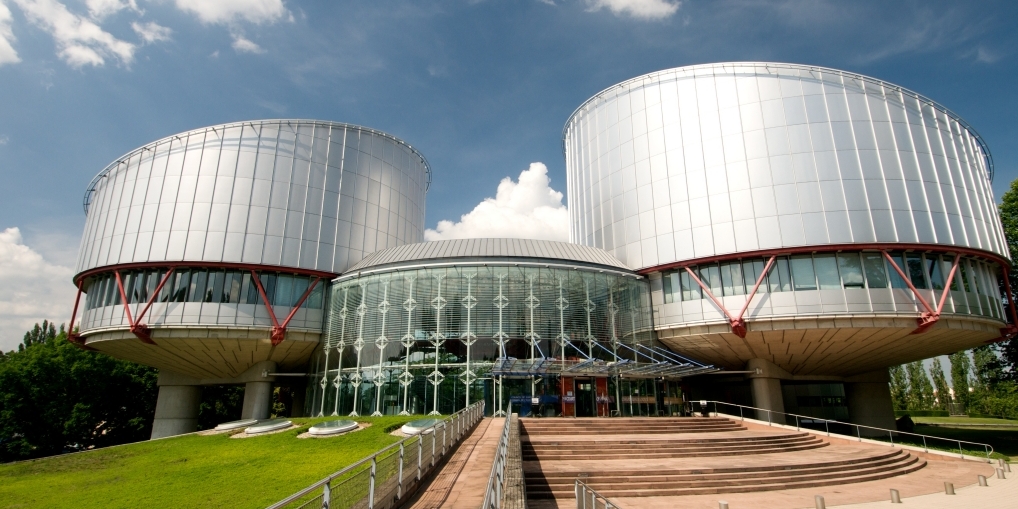News

According to the Decision of the Strasbourg Court, the national trials of the Persons Convicted in the Case of the "Special Operation of the Tennis Courts" Were Conducted Fairly
The European Court of Human Rights (ECHR) published today its decision regarding the so-called case of the special operation of tennis court. The complainants are Irakli Pirtskhalava (deputy director of the Central Criminal Police Department of the MIA during the special operation) and Giorgi Tsaadze (Deputy Head of the Investigative Division of the Central Criminal Police Department of the MIA during the special operation).
As is known to the public, during the special operation conducted on May 2, 2006, in which at least 50 employees of the Ministry of Internal Affairs participated, 22-year-old Zurab Vazagashvili and 25-year-old Aleksandre Khubulov were shot more than 70 times in their car. The initial investigation into the case, which began in May 2006, was conducted against the background of falsification of evidence and was finally closed in April 2007.
A re-investigation of the case began on December 2012 after the change of the government, within which a number of former police officers, including the applicants, were brought to justice on charges of premeditated murder, falsification of evidence and intentional illegal detention. Irakli Pirtskhalava and Giorgi Tsaadze were found guilty of premeditated murder under aggravating circumstances.
Under Article 6 of the European Convention on Human Rights (right to a fair trial), the applicants claimed that the national court had accepted the testimony of seven prosecution witnesses (who had been held together for a period of time in a cell) against them as evidence in the criminal case. The issue of the first appellant's dispute was also the impossibility of ensuring the attendance of the witnesses of the defense side at the session and their questioning.
The European Court fully shared the government's position and determined that the right to a fair trial was not violated against Irakli Pirtskhalava and Giorgi Tsaadze.
In particular, the testimony given by the appellants was not the only and decisive evidence for their conviction. In addition, there was a complex body of evidence in the case, including independent eyewitness testimony and expert reports, which proved the appellants’ guilt.
According to the clarification of the Strasbourg court, the above-mentioned evidences together confirmed that Irakli Pirtskhalava was in charge of the "special operation of tennis courts". According to the instructions of the ECHR, the conclusion of the national courts, according to which Irakli Pirtskhalava planned and carried out a special operation for the purpose of revenge, was confirmed by the testimony of witnesses and other evidence. Accordingly, the European Court shared the position of the national courts that the shooting was not provoked by Zurab Vazagashvili and Aleksandre Khubulov (victims) and the shots from their car were not directed at the applicants, which was confirmed by the testimony of independent eyewitnesses and many other evidences. In particular, one of the eyewitnesses confirmed that the first appellant (Irakli Pirtskhalava) was shooting a weapon in the direction of the victims' car. As for the actions of the second appellant (Giorgi Tsaadze), it was confirmed by two eyewitnesses that at the end of the incident, he approached the car driven by Zurab Vazagashvili and fired control shots from a firearm in order to kill them. In addition, the fact that both victims were alive before the control shot fired by the second applicant was confirmed by the eyewitness testimony as well as by the forensic medical examination.
The European Court also shared the government's position and recognized as inadmissible the part of the complaint that was related to the question of ensuring the questioning of defense witnesses at the hearing. The Strasbourg Court emphasized that the first applicant did not exhaust the mechanisms of legal protection at the national level, and he did not apply to the Supreme Court of Georgia with this claim.
Taking into account the stated circumstances, the Strasbourg Court concluded that the criminal proceedings against the applicants were fair and that the right to a fair trial under the European Convention was not violated.
It should be noted that on July 18, 2019, the European Court of Human Rights published a decision into the case of Vazagashvili and Shanava v. Georgia. The European Court found that there was a violation of Article 2 (right to life) of the European Convention, since the force used by the police during the special operation on May 2, 2006, which led to the death of Zurab Vazagashvili, among others, was not proportionate and necessary.
 Geo
Geo Eng
Eng